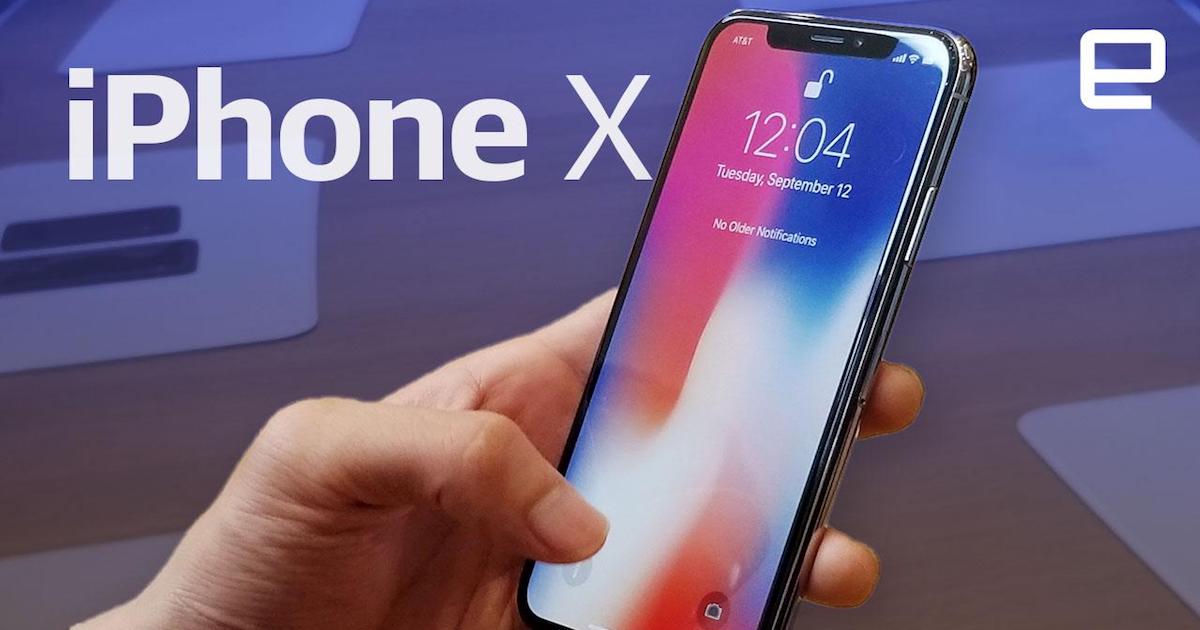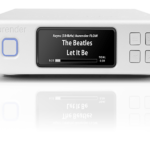It’s the time of year for saving money!
There are a multitude of things I still continue to question about MQA, this often championed, often derided musical format. If I had to guess, which is precisely what I’m doing, I’d venture that the principals of MQA support this condition completely. How better to provide a platform for a new and controversial technology to gain a foothold than continuing conversation?
 For my own purposes, I have yet to completely be won over by this new musical format. I completely agree it delivers higher resolution sonics in a smaller package than Red Book, is easier to stream and therefore places less taxation than High Rez on a Wi-Fi network. I’d say that much is unassailable.
For my own purposes, I have yet to completely be won over by this new musical format. I completely agree it delivers higher resolution sonics in a smaller package than Red Book, is easier to stream and therefore places less taxation than High Rez on a Wi-Fi network. I’d say that much is unassailable.
However, from that measurement, things get, for myself anyway, decidedly uncertain. Because to tell the truth, I’ve heard MQA sound wonderful, I’ve heard it sound just OK and quite surprisingly, I’ve heard it sound less listenable than regular ole CD quality. Asking myself the question why yields an answer I turn to quite frequently – quality of the audio system. Simply put, some systems are just better than others, and this fact alone, at least in my opinion, heralds the continuing MQA discussion. And once again, I have every confidence the folks at MQA are happily content with continued discussion.
I have decided to look at MQA from another perspective, one that has nothing to do with sonics. That is a debate that can and probably will continue unabated for whatever time frame. No, I started thinking about this from a different perspective. Business.
 When I look at places where teenagers congregate, like a mall for instance, many of the young people I see are attached to some type of smart device with something in or over their ears. I sometimes wonder if five kids wandering around the mall playing music ever say two words to each other. Yet the fact remains that all of these kids have purchased a smart something and are listening to music through some type of headphone. At present, they are probably all using the audiophile despised Mp3 format. When you consider the sales volume these products create, regardless of the sonics, regardless of really anything else, the numbers are staggering. We’re talking Billions with a B. Maybe it’s just me but from a sales aspect, I’d say that is a pretty fun sandbox in which to dig.
When I look at places where teenagers congregate, like a mall for instance, many of the young people I see are attached to some type of smart device with something in or over their ears. I sometimes wonder if five kids wandering around the mall playing music ever say two words to each other. Yet the fact remains that all of these kids have purchased a smart something and are listening to music through some type of headphone. At present, they are probably all using the audiophile despised Mp3 format. When you consider the sales volume these products create, regardless of the sonics, regardless of really anything else, the numbers are staggering. We’re talking Billions with a B. Maybe it’s just me but from a sales aspect, I’d say that is a pretty fun sandbox in which to dig.
When considering the logical platform in which to release MQA as a new, untested technology, streaming makes perfect sense. Streaming first began as something kids used on cheap handheld devices and progressed to something audiophiles use in a home based, better than a big box audio system. But why audiophiles? Let’s be honest here, audiophiles make up a small percentage of the totality of the music buying public. So why did the bright MQA minds choose the audiophile hobby in which to begin marketing this new technology? For me one answer is both obvious and simple – and that answer is because audiophiles care about musical quality.
 For MQA to be a profitable business, and make no mistake, the investment MQA has thus far endured must be staggering for not only the MQA principals but also their investors, the record companies must embrace the technology and open their music vaults for conversion. MQA will more easily create sustainable ROI (return on investment) and repay their investors through the collection of licensing fees. It makes perfect sense to start this process with the one segment of musical reproduction who actually cares about sound quality. Where do things go from there?
For MQA to be a profitable business, and make no mistake, the investment MQA has thus far endured must be staggering for not only the MQA principals but also their investors, the record companies must embrace the technology and open their music vaults for conversion. MQA will more easily create sustainable ROI (return on investment) and repay their investors through the collection of licensing fees. It makes perfect sense to start this process with the one segment of musical reproduction who actually cares about sound quality. Where do things go from there?
So here’s a question, how did Bill Gates become the richest person on Earth (most of the time anyway)? By licensing software to all those many computer builders using Windows as their platform. Each and every computer all the Windows based manufacturers build pay a royalty to Microsoft for software. Microsoft started with one customer, IBM, and once “Big Blue” bought in, Microsoft was up and running and selling staggering volumes of software to every hardware builder they could. I don’t know but that sure seems like a parallel path MQA seems to be taking.
 Step one, get audiophiles and record companies on board. Do that concurrently. That practically forces the equipment builders to make their components compatible – thus enabling licensing fees. And if not, that’s okay as well. Not everyone loved Windows machines in the 1980’s. There is one overriding issue with all of this – if the limitation of a perspective market for a new musical format is strictly to audiophiles, then you have a decidedly narrow outlet to market your product. What happens to that perspective customer base, for instance, if you include all those millions of teenagers buying smart something’s, head phones of some kind, streaming music from somewhere, and hanging out at the mall with their friends while not saying two words to each other? What do you achieve with this recipe? Sales. Billions. With a B.
Step one, get audiophiles and record companies on board. Do that concurrently. That practically forces the equipment builders to make their components compatible – thus enabling licensing fees. And if not, that’s okay as well. Not everyone loved Windows machines in the 1980’s. There is one overriding issue with all of this – if the limitation of a perspective market for a new musical format is strictly to audiophiles, then you have a decidedly narrow outlet to market your product. What happens to that perspective customer base, for instance, if you include all those millions of teenagers buying smart something’s, head phones of some kind, streaming music from somewhere, and hanging out at the mall with their friends while not saying two words to each other? What do you achieve with this recipe? Sales. Billions. With a B.
Is it just possible that the real prize MQA is chasing are teenagers in a mall and not audiophiles? Is it conceivably possible all this discussion on sonics is a subversion of the real goal? What happens to the licensing fees if every smart something produced pays a royalty to someone, somewhere, for this MQA process? Why else would so much attention be given, and so much publicity be provided on the claim that this is a process that delivers better than CD quality over a streamed signal with a smaller transfer footprint? Ultimate goal, replace Mp3? Absolutely. MQA has made no secret of that fact. Convert Pandora, Spotify, and even iTunes to MQA rather than Mp3? Become the default music format on handheld devices? Now that makes legitimate sense. It makes business sense. It makes investor sense. Does it make audiophile sense? Stay tuned, it’s gonna be a fun ride.
Postscript:
As recently noted in Home Theater Review, MQA has partnered with LG to add the MQA process to their line of smartphones.








